Apple’s latest release, the iPhone 15, is experiencing an unexpected challenge in the Chinese market. Sales of this model have declined when compared to its predecessor, the iPhone 14. According to a report from Counterpoint Research, there was a 4.5 percent drop in sales during the initial 17 days after the iPhone 15’s launch.
In response to this surprising decline, Chinese e-commerce platforms have taken the initiative to offer substantial price reductions to entice potential buyers. Leading the way in this effort are e-commerce giants like Pinduoduo and Taobao, associated with PDD Holdings and Alibaba, respectively. Some iPhone 15 models are now available at discounts of up to 900 yuan (about $123) below their original retail prices, as per a Reuters report.
Recognizing the need to boost demand in the Chinese market, Apple occasionally allows its partner vendors to offer discounts. However, the competition among Chinese e-commerce platforms has intensified, with a focus on providing consumers with the best value for their money. This price war becomes even more critical as the annual Singles Day shopping festival approaches.
For instance, Pinduoduo is offering the 128 GB edition of the iPhone 15 Plus at a price of 6,098 yuan, which is a substantial 900 yuan less than Apple’s original retail price of 6,999 yuan. Similarly, Alibaba’s Taobao e-commerce platform is selling the 512 GB iPhone 15 Pro Max for 10,698 yuan, down from its original price of 11,999 yuan at Apple’s store.
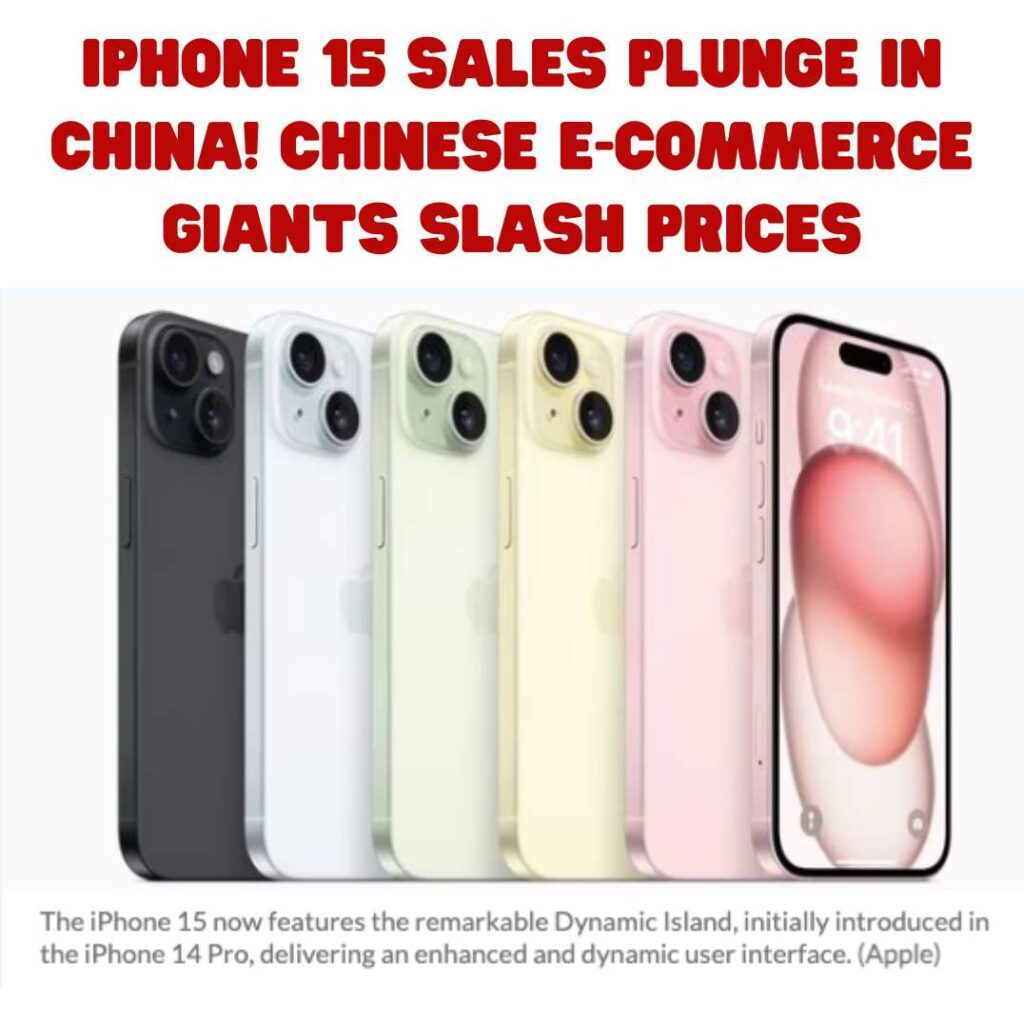
These impressive discounts came to light thanks to The Economic Observer weekly newspaper, and they present a great opportunity for Chinese consumers.
In other noteworthy news, Apple’s CEO, Tim Cook, made a surprise visit to Luxshare’s Apple Watch factory near Shanghai. During the visit, Cook praised the assembler for its outstanding work in producing Apple’s most advanced products. This visit emphasizes the crucial role played by Chinese firms like Luxshare in Apple’s supply chain, even as Apple looks to diversify its production locations and reduce its dependence on China.
As this situation continues to unfold, it will be intriguing to observe how these discounts and market dynamics impact the sales performance of the iPhone 15 in China and how Apple adapts to the ever-evolving Chinese market. Stay tuned for updates!
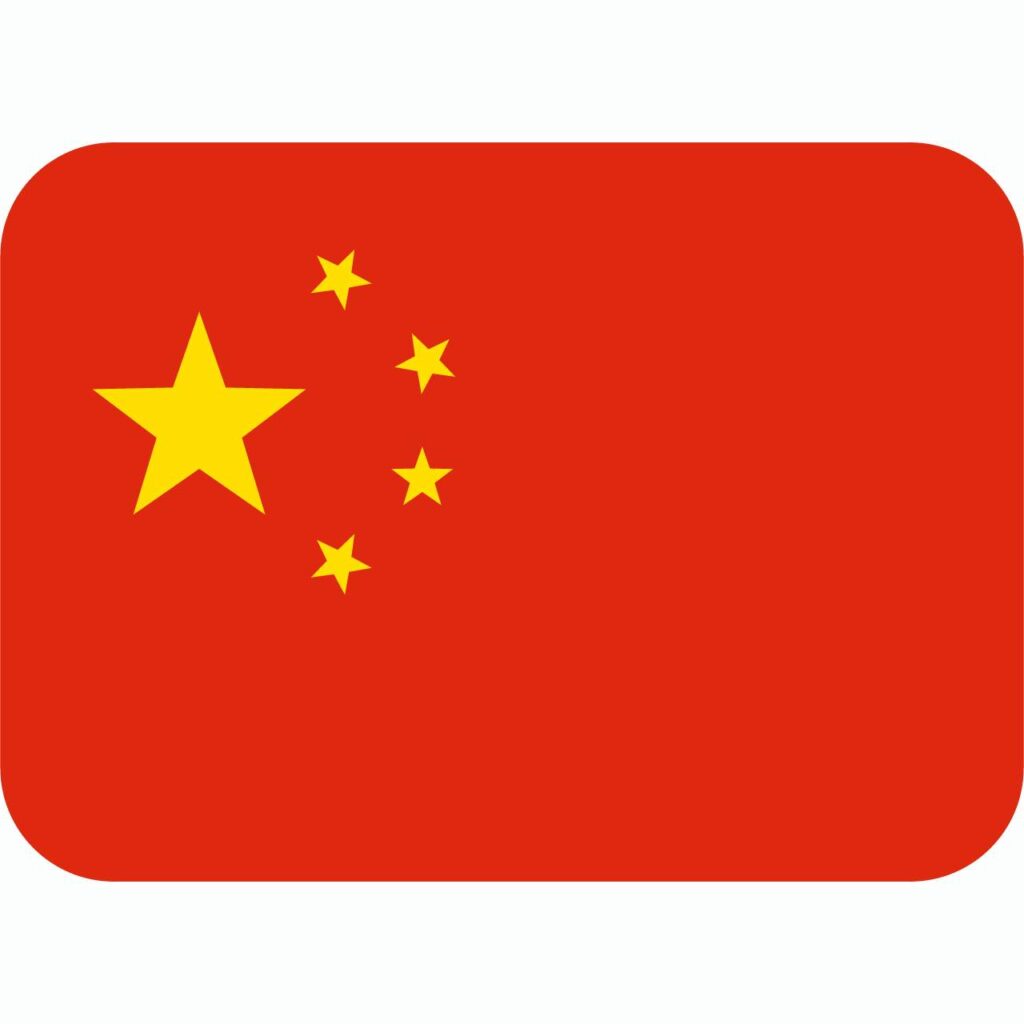
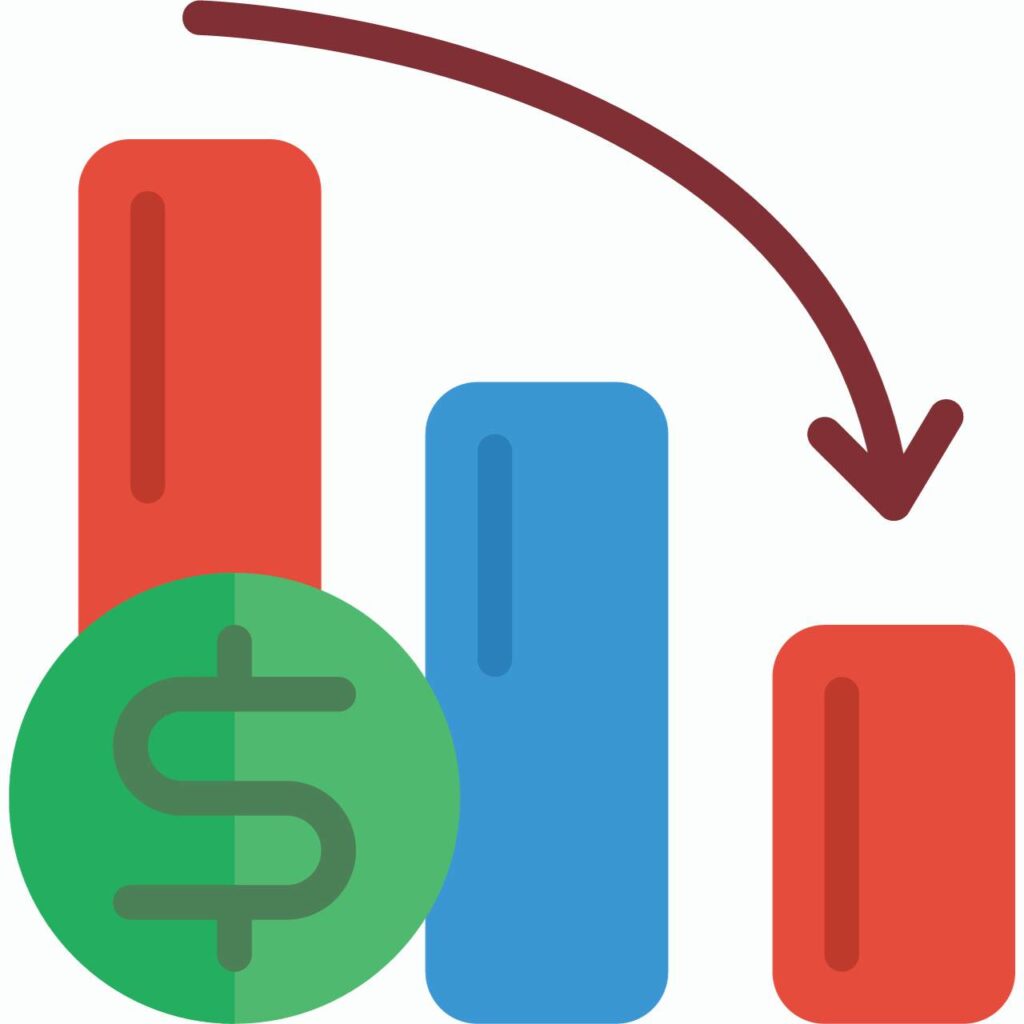
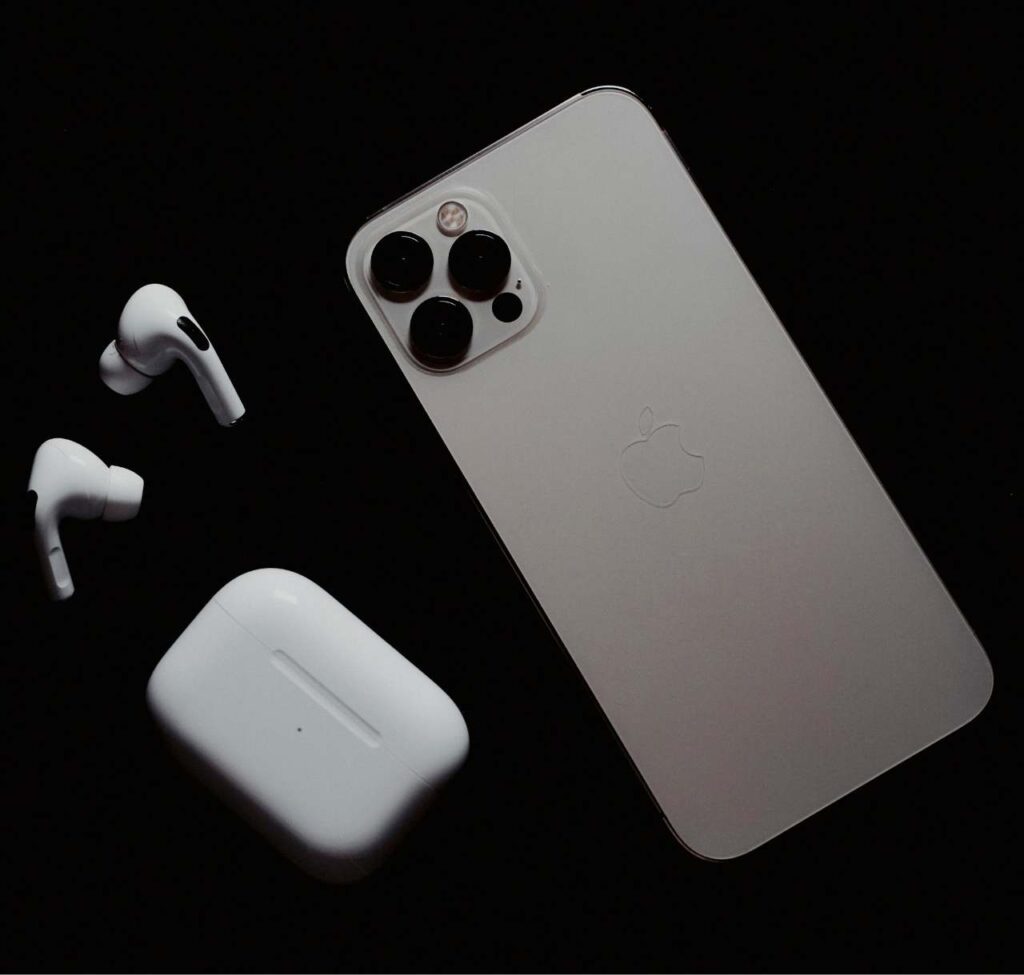


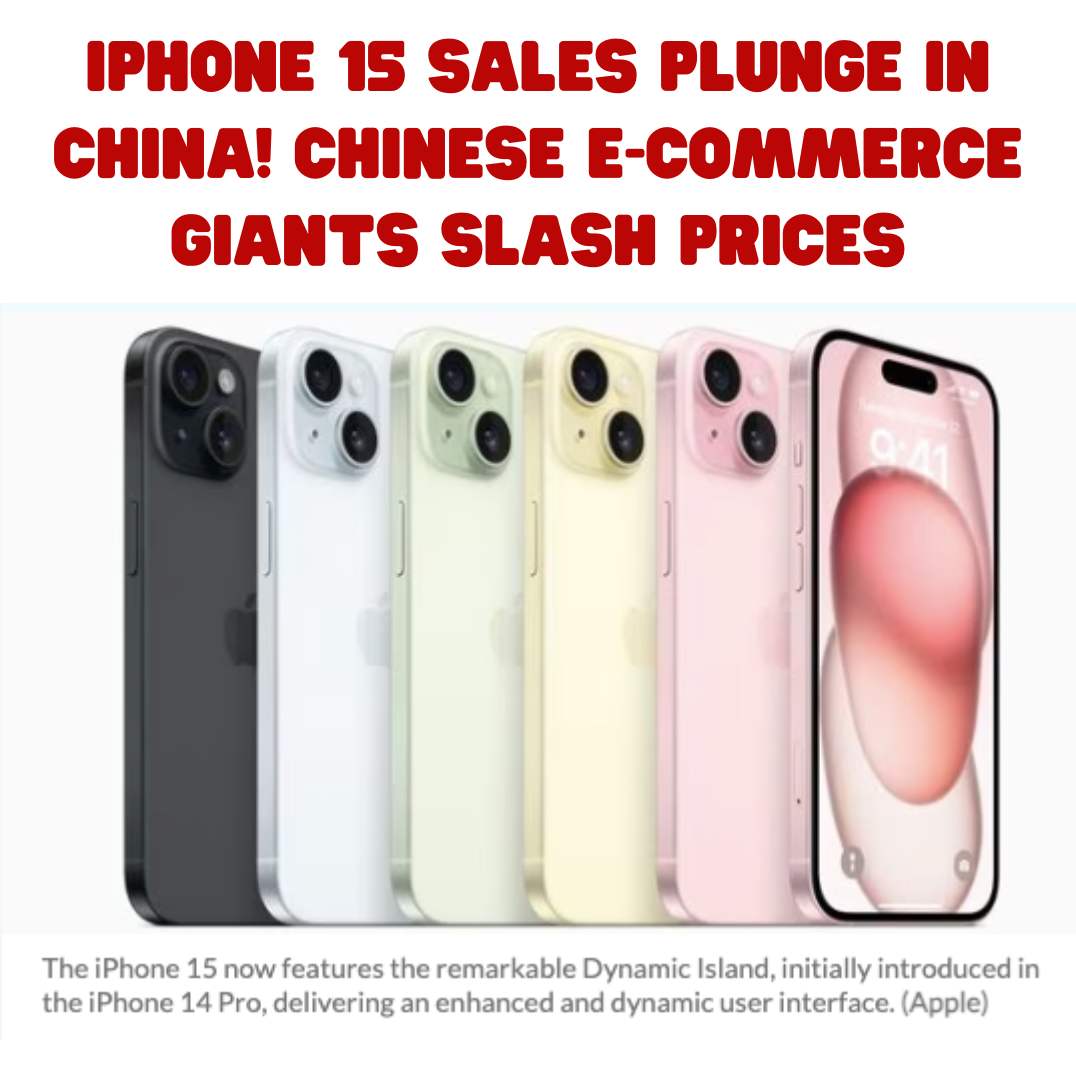













zoritoler imol
I do not even know the way I ended up here, but I believed this put up was once great. I do not realize who you are but certainly you’re going to a well-known blogger in case you are not already 😉 Cheers!